What is Classical Liberalism?
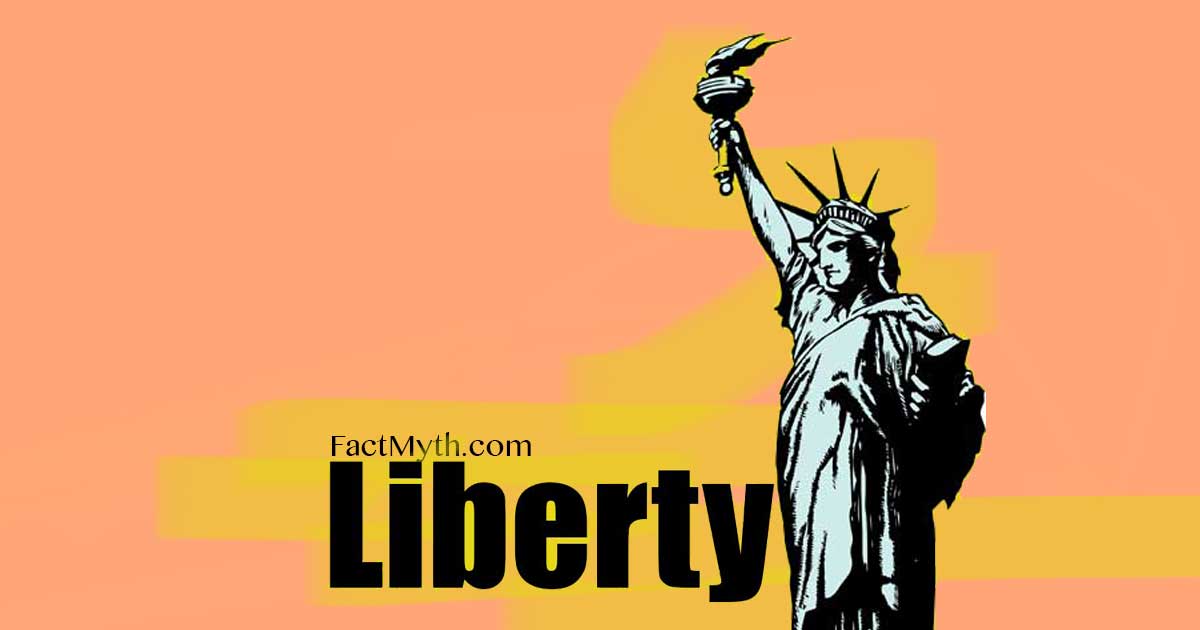
Classical liberalism is the ideology of liberties, rights, individualism, reason, and tolerance that comes in a political and economic form.
Plato (428-347 BC), his teacher Socrates, Plato’s teacher Aristotle (384-322 BC), their Sophist opposition, and other key Greeks helped lay the foundation of most western knowledge.
Plato was an idealist, Aristotle a Realist, but both were polymaths and lecturers whose books lay the foundation of physics, philosophy, social science, and more.
Meanwhile they both argued more for philosophy (a love of wisdom) over sophistry (teaching for money and thinking one “already knows”).

Classical liberalism is the ideology of liberties, rights, individualism, reason, and tolerance that comes in a political and economic form.
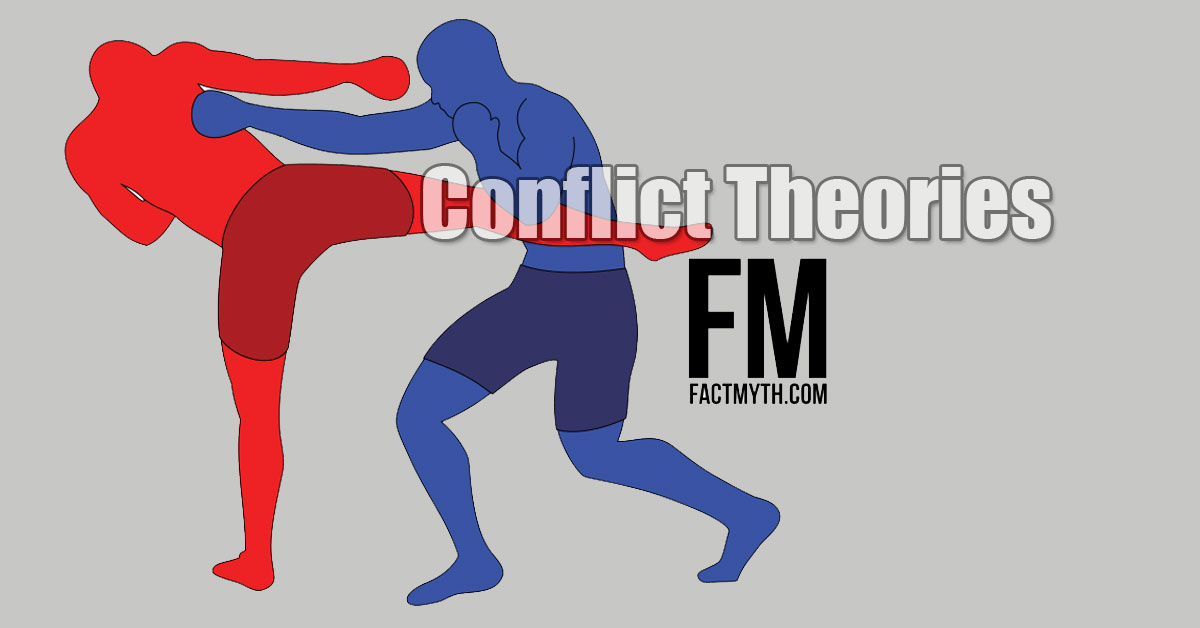
We explain Marx’s conflict theory and other conflict theories to show how tension between social, political, material, and other forces manifest.
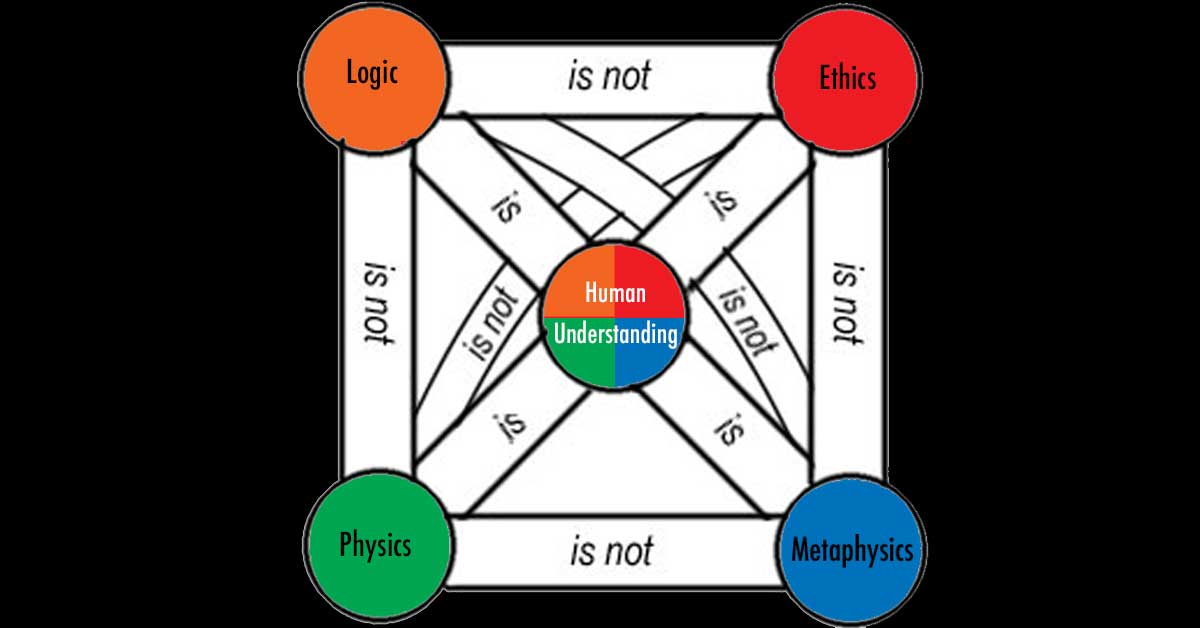
We present a system of “logical, epistemological, and ontological categories of being and knowledge” (categories to place all empirical and rational concepts into).
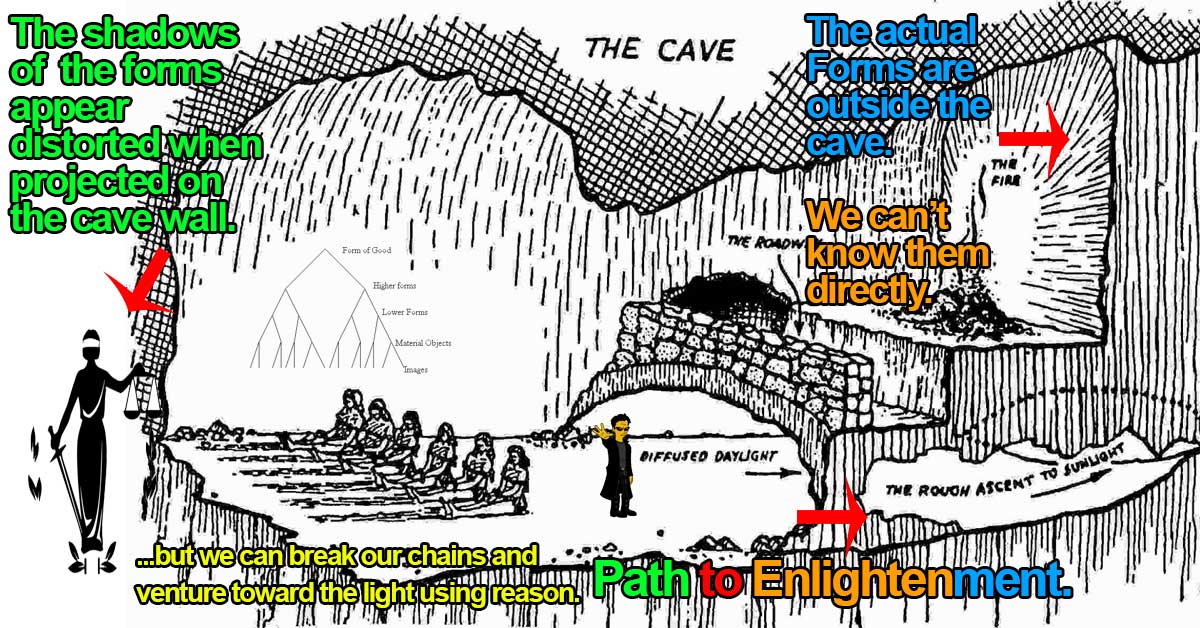
We explain Plato’s Allegory of the Cave and Plato’s Theory of the Forms to help readers understand the essence of Plato’s overarching theory.
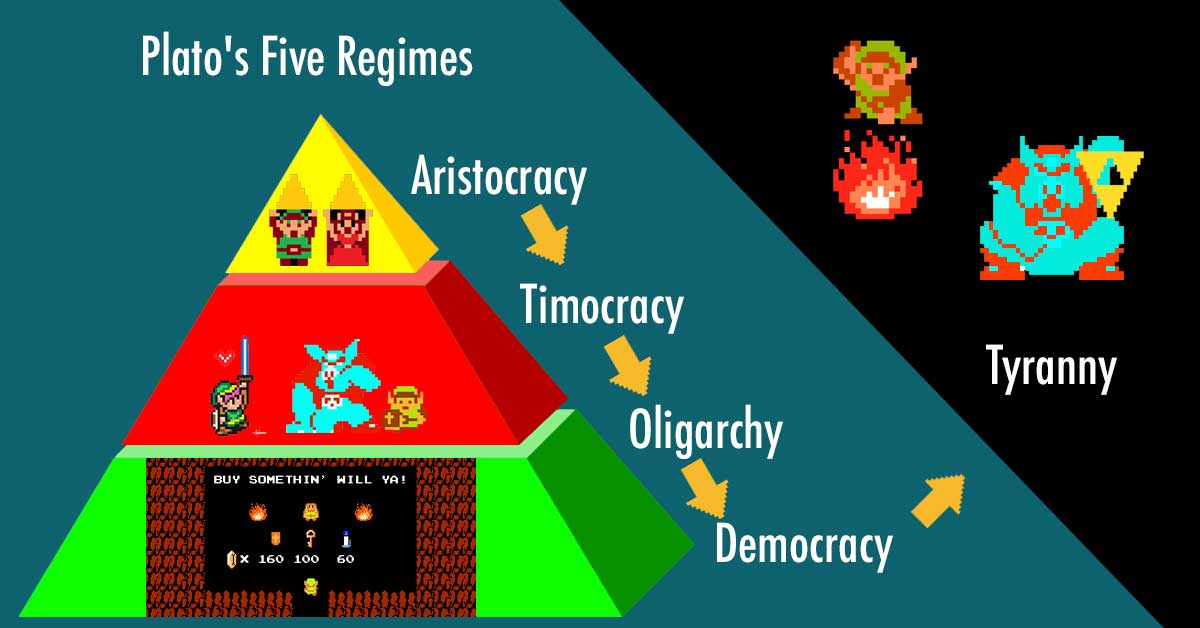
Plato discusses five regimes (five forms of government) in his Republic, Book VIII. They are Aristocracy, Timocracy, Oligarchy, Democracy, and Tyranny.
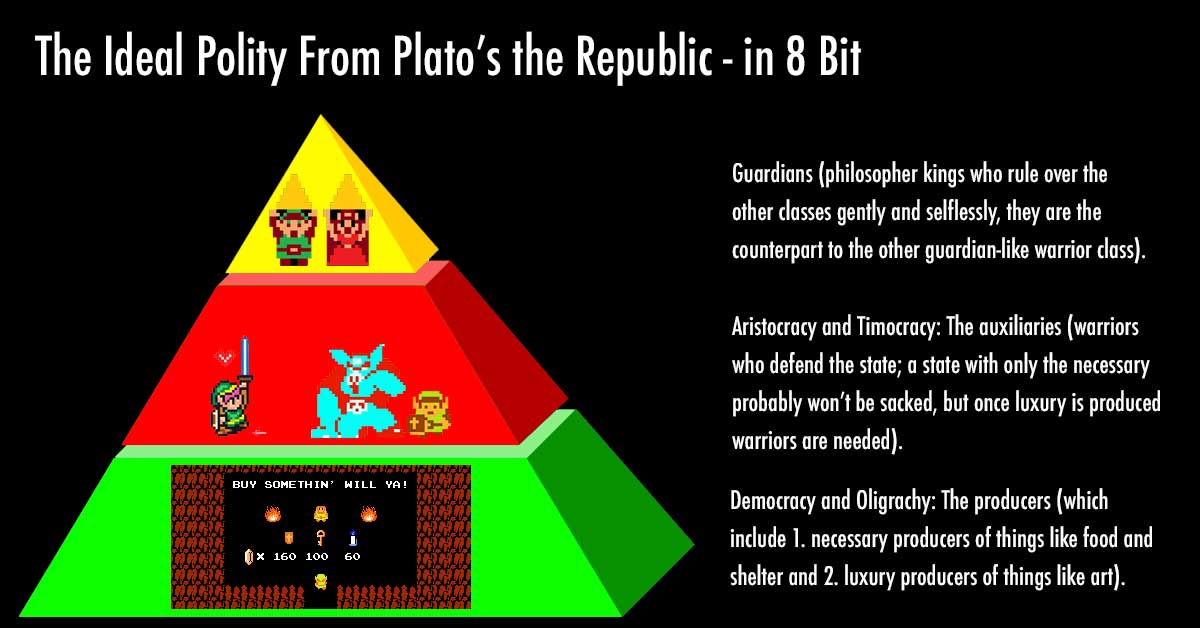
Classically speaking, the term Polity means “a state” (a group of people under a single social contract), but it also implies an “ideal state” (a Kallipolis).

In his Republic, Plato examines how Democracy can lead to Tyranny in a republic. We explain Plato’s theory as it pertains to democracy and tyranny.
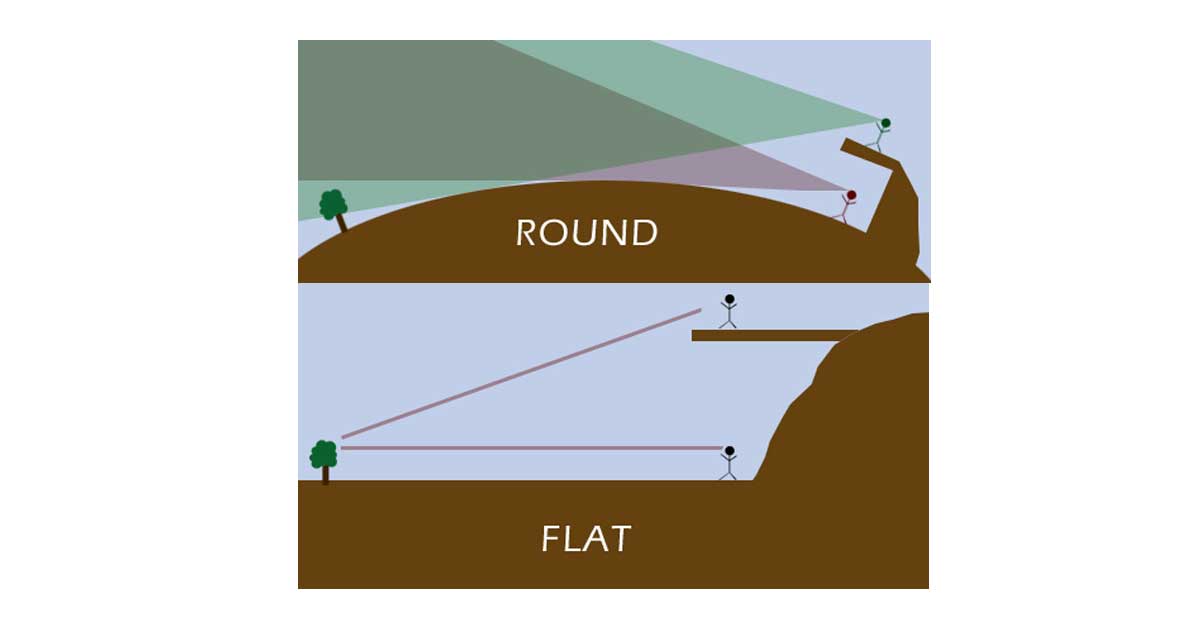
Reason is the application of “pure logic”, empirical evidence, experiment, and skepticism to find truths, facts, and theories (AKA “critical thinking”).
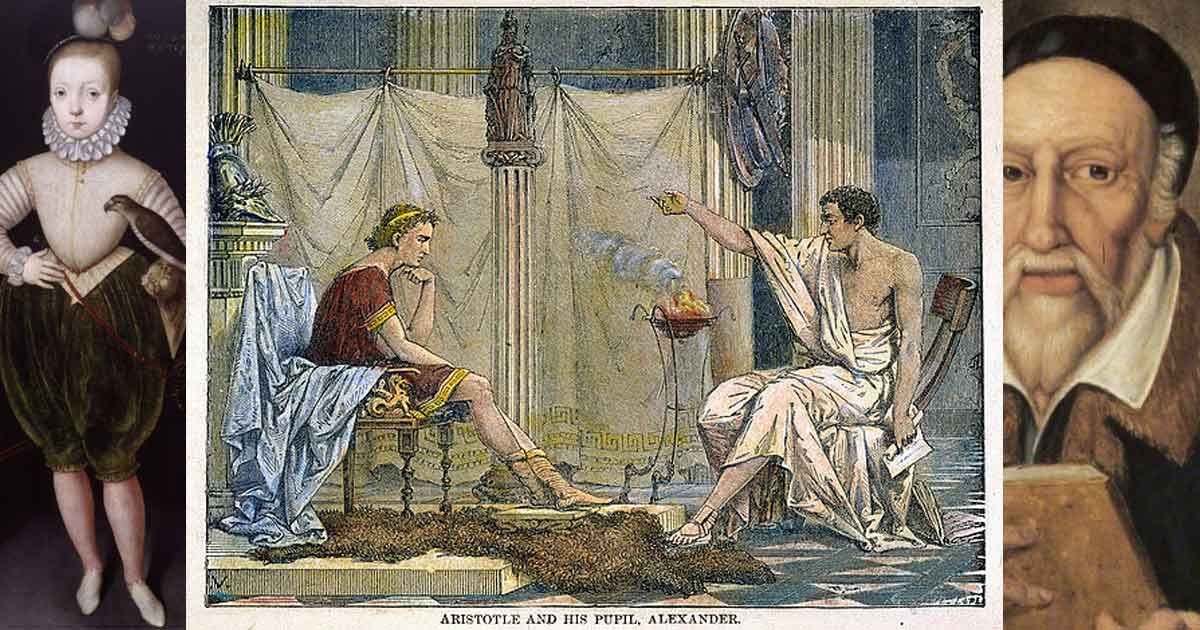
We often attribute the origin of the state of nature argument to Hobbes, but it can be traced to thinkers like Plato, Aristotle, and the Sophists in the 300s BC, and is then mused on by other early philosophers.

Different types of government can be said to be based on a number of attributes like power source, power structure, and economic system.